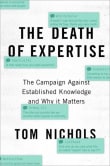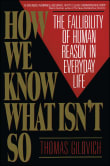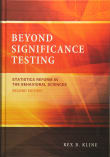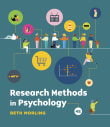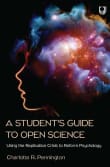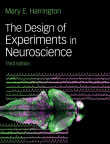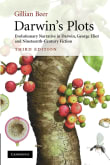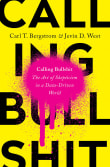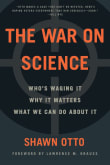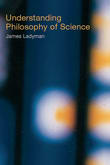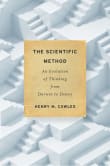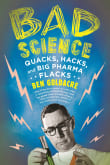Science Fictions
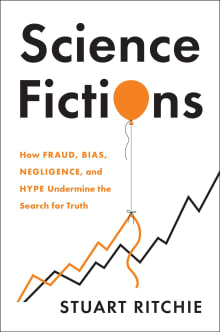
Book description
An insider’s view of science reveals why many scientific results cannot be relied upon – and how the system can be reformed.
Science is how we understand the world. Yet failures in peer review and mistakes in statistics have rendered a shocking number of scientific studies useless – or, worse,…
Why read it?
3 authors picked Science Fictions as one of their favorite books. Why do they recommend it?

Ritchie was part of a team that attempted to replicate a famous study led by a prominent psychologist, Daryl Bem, claiming that people did better on a word memorization test if they studied the words after taking the test.
Ritchie and his co-authors attempted to replicate this study and found no evidence supporting Bem’s claim. This is but one example of a scientific crisis in that attempts to replicate influential studies published in top peer-reviewed journals fail nearly half the time. Ritchie explains and illustrates the reasons for the current replication crisis in science.
From Gary's list on science’s eroding reputation.

Stuart Ritchie is a cognitive psychologist, a Lecturer at the University of London’s King’s College. A few years ago, he had an experience that seems to have been the impetus for this lively and important book.
A famous social psychologist published a paper in a respected scientific journal purporting to demonstrate extra-sensory perception. The method was conventional—he tested a group of subjects and averaged the results, even though the claimed ability should have been demonstrable by individuals. Averaging across a group made no sense.
The results turned out to be unreplicable (no surprise!), but the paper (by Ritchie and others)…
From John's list on how science works, fails to work and pretends to work.

I love how Ritchie starts with a rather wry account, addressed directly to you as a would-be researcher, of the challenges and weirdness you’ll encounter as you launch into your own research.
His own research helped sparked recognition of the ‘replication crisis,’ so he’s well placed to tell us about misguided practices and the sometimes wicked deeds of researchers. More happily, he describes how we can return to the sound foundations of good scientific practice. A current term for that is ‘Open Science.’
From Geoff's list on open science better research with better statistics.
If you love Science Fictions...
Want books like Science Fictions?
Our community of 12,000+ authors has personally recommended 100 books like Science Fictions.



